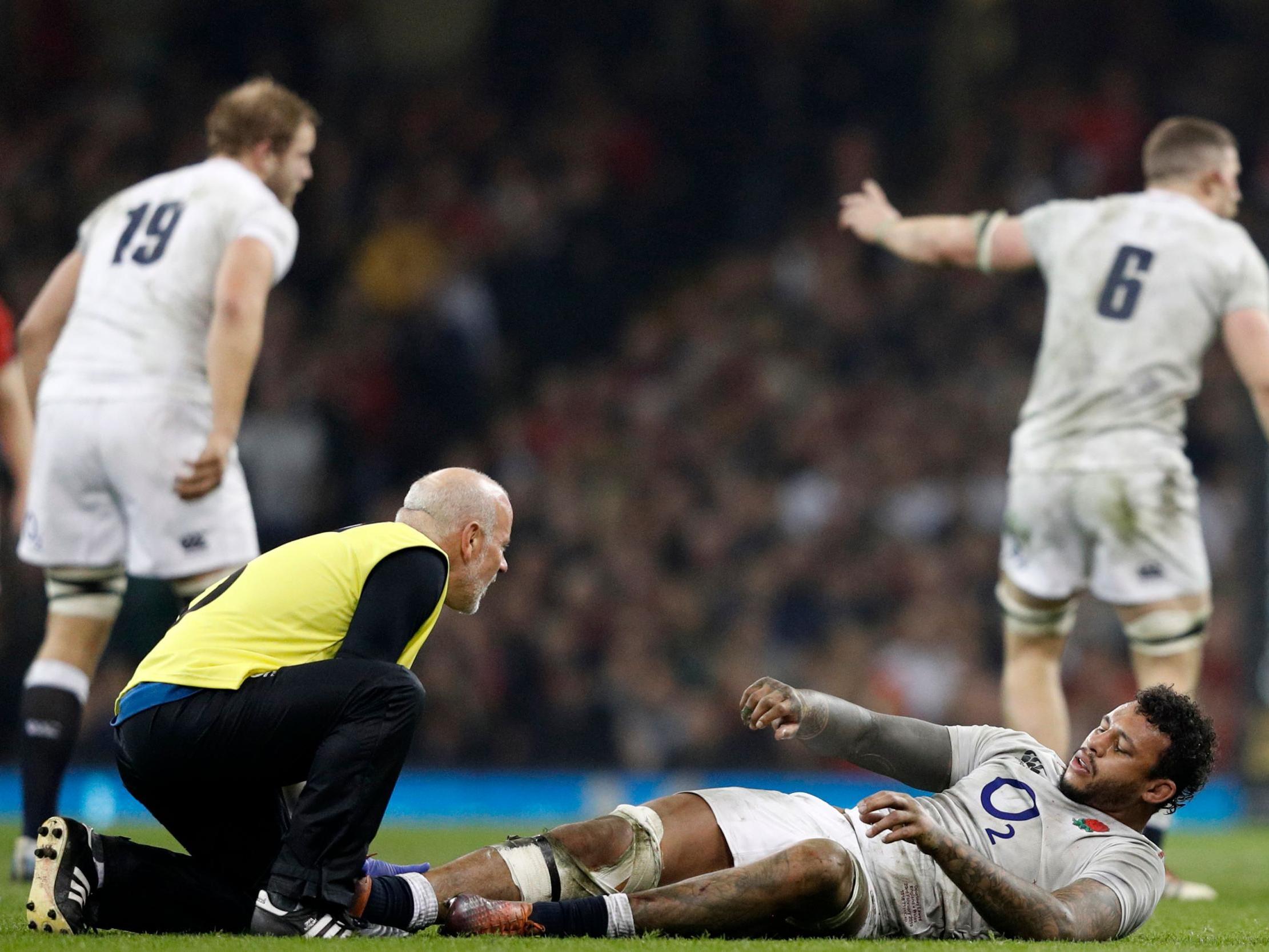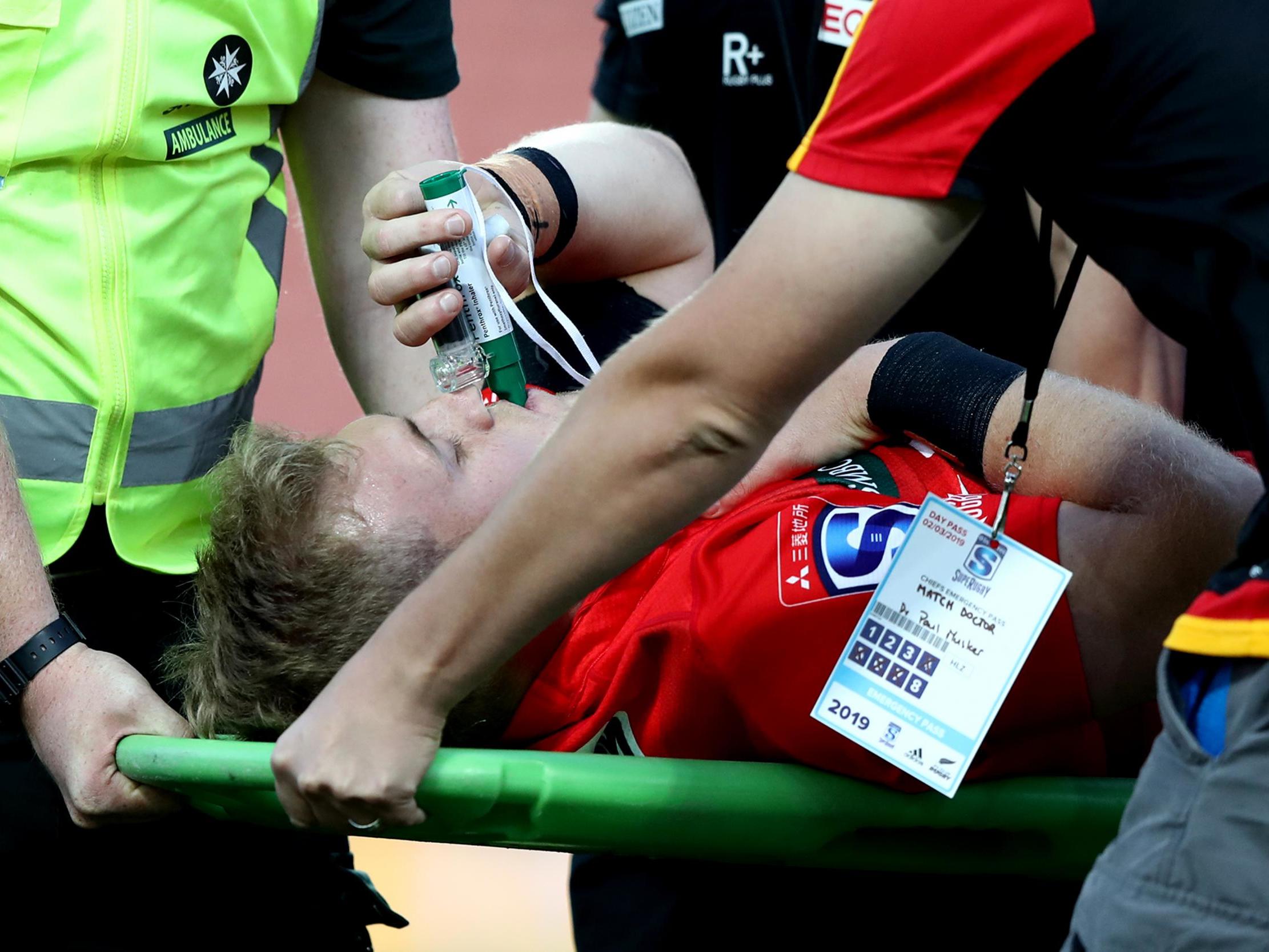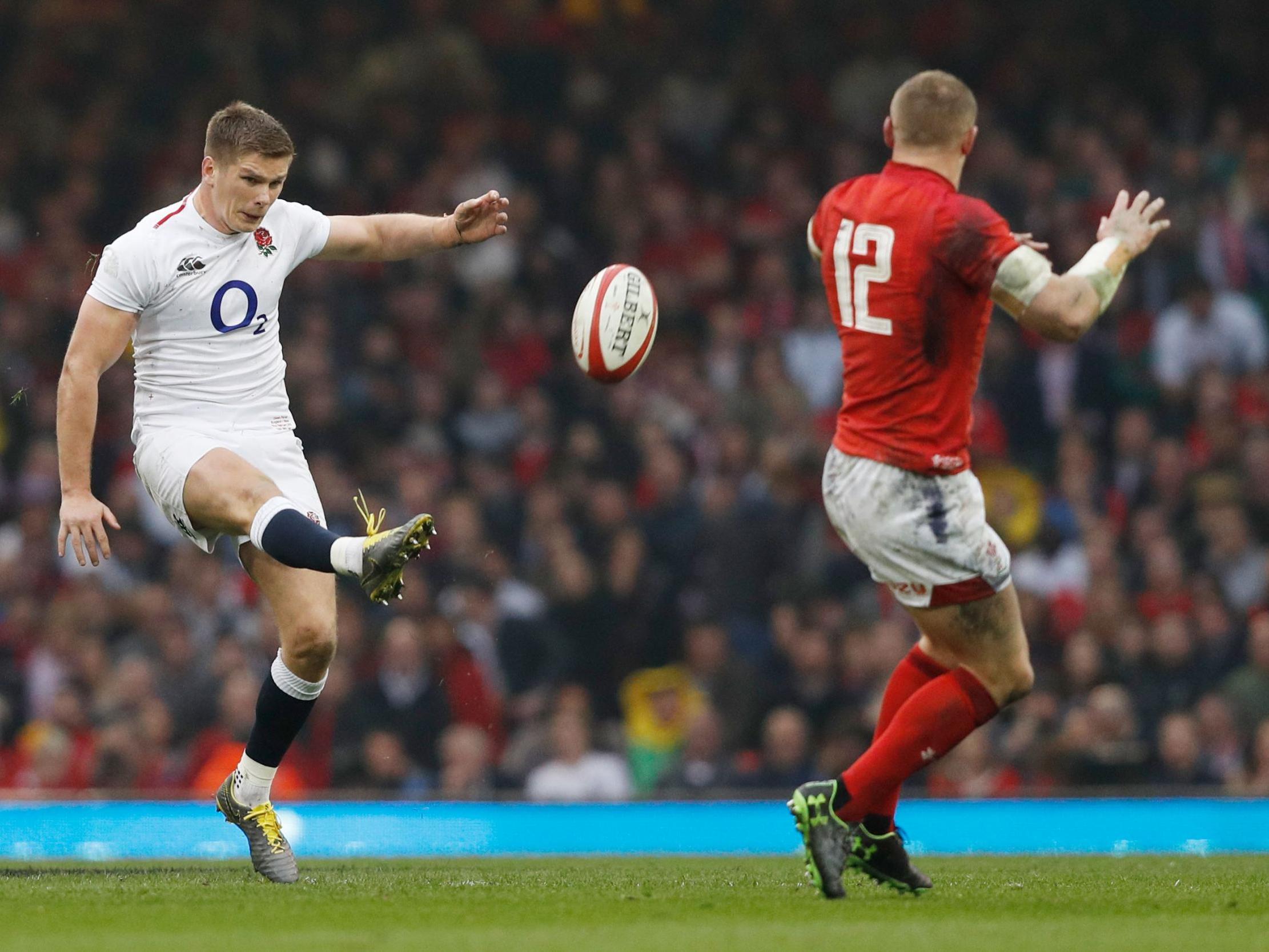World Rugby considering radical rule changes in bid to improve player safety
World Rugby is looking to see how it can create more space and reduce tackles in a sport which has seen a dramatic increase in the velocity of collisions since the advent of professionalism in 1995

World Rugby are considering introducing a series of radical law changes, including a 50-22 kick and a 10-minute incident review, in a bid to improve player safety following the recent deaths of four professional players.
A three-day Player Welfare symposium at Marcoussis in Paris, attended by senior medical figures, administrators, coaches and players representatives, concluded on Wednesday with an agreement to put eight law change proposals forward to the influential Law Review Group (LRG) in May.
The LRG, chaired by former Scotland international John Jeffrey, will then decide which proposals are trialled in a bid to create more space and reduce tackles in a sport which has seen a dramatic increase in both the size of players and the velocity of collisions since the advent of professionalism in 1995.
While World Rugby research shows the number of injuries appears to have plateaued in recent times the severity of those injuries has increased. Following the deaths of four players in France, and after years of resistance, there now appears to be a mood among senior figures in rugby to make changes in order to improve safety in a sport which has seen average player weights increase by almost two stone (12 kg) since the first World Cup in 1987.
“We need to change the philosophy of the sport,” one delegate said.
Intense pressure has been placed on the French Federation of Rugby after four young players died in the space of eight months across the past year. The World Rugby symposium was held at the FFR’s headquarters on the outskirts of Paris and attended by France’s minister of sport Roxana Maracineanu on the first morning.
The principle aim of the meeting was to find ways to slow the game down and reduce the number of collisions in a sport many believe has become overly obsessed with power and defensive structure.
One of the proposed changes would involve the introduction a 50-22 kick, similar to rugby league’s 40-20 kick, which would reward the team which kicks a ball out on the bounce from inside their own half into the opposition’s 22.
The team successfully kicking the ball out would be rewarded with an attacking line out in the hope defending teams would be forced to commit more players to the back field and therefore fewer players would be involved in the rushing defensive line where collisions are most severe.
“Some of the experiments we are seeing here about opening up the game in some ways and creating more space can limit the number of collision events and therefore drive some of the (injury) statistics down,” said Gosper.
“We will see as we learn more from what happened here whether it changes the shape of the game without changing the spectacle.”

While the 50-22 kick appears to have most likelihood of being trialled, most probably in one of the southern hemisphere’s top professional competitions after the World Cup, there is also a proposal to give off-field referees and citing commissioners a 10-minute period to decide if a player should be shown a red card as the result of foul play.
The proposal would mean any offence meeting the minimum threshold for a yellow card would see the player removed from the field for a minimum of 10 minutes, in which time an off-field match official could study video evidence before deciding if the offence was severe enough to warrant a red card.
The system, which most delegates agreed would lead to referee’s deferring the majority of serious decisions to their off-field colleagues, would be designed to increase the number of red cards shown in the belief referees currently often look for reasons not to award a red card, opting to award a yellow instead.
“This proposal would see justice done more often,” said one delegate.

The meeting was attended by World Rugby chairman Bill Beaumont, CEO Brett Gosper and senior delegates from across rugby, including New Zealand assistant coach Ian Murphy, World Rugby head of medicine Martin Raftery, outgoing Scotland director of rugby Scott Johnson, referee chief Alain Rolland and International Players Association representatives including former players Jean de Villiers and Conrad Smith.
While all proposals remain in their infancy, there is now a clear view in the professional game it needs to act to reduce injuries following a spike in head injuries caused by the increased forces generated by professional athletes who average around 16 stone per player in the men’s game.
How and if it can achieve that aim remains to be seen.
Join our commenting forum
Join thought-provoking conversations, follow other Independent readers and see their replies
Comments
Bookmark popover
Removed from bookmarks